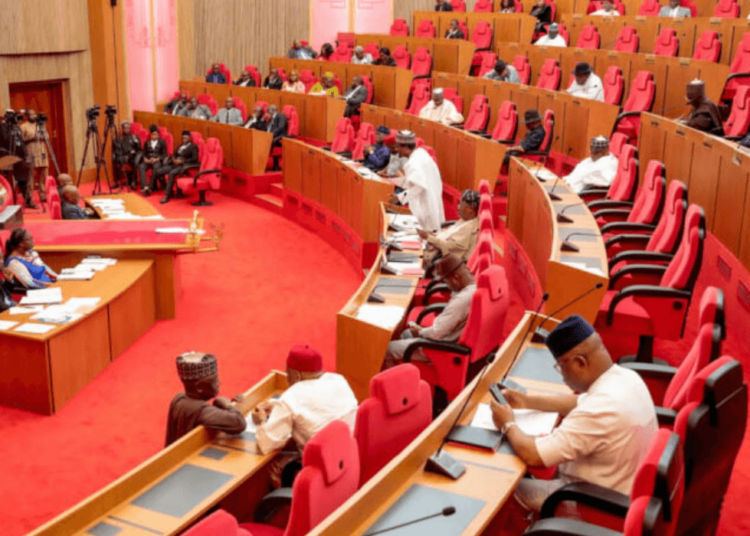Senate Passes Bill to Equip Nigerian Students with Technical Skills Before Graduation

The Nigerian Senate has passed for second reading a bill seeking to ensure that students across secondary and tertiary institutions acquire essential technical skills before graduation.

The proposed legislation, titled “Strengthening Career and Technical Training Bill, 2024,” was sponsored by Senator Sani Musa, Chairman of the Senate Committee on Finance, representing Niger East Senatorial District.


Senator Musa emphasized that the bill addresses a critical challenge in the country’s education system – the widening gap between theoretical education and the practical skills demanded by the labor market. He stressed the urgent need for job-oriented training to create a more competitive and employable workforce.
“Many of our educational programs are theoretical and do not equip students with practical, market-relevant skills. Nigeria risks falling behind in the global economy if we do not invest in building a highly skilled, competitive workforce,” Musa stated.

He lamented the issue of unemployment and underemployment despite the abundance of talent in the country, highlighting the importance of technical skills in emerging sectors such as renewable energy, ICT, biotechnology, and healthcare.
The bill aims to enhance career and technical education to meet the demands of Nigeria’s industries. It outlines a framework for:
- Equipping students with sustainable employment and entrepreneurial skills,
- Promoting partnerships between educational institutions, industries, and government for effective training,
- Establishing funding mechanisms and monitoring technical training programs.
According to Senator Musa, the Ministry of Education, in collaboration with the Ministry of Labour, will be tasked with designing specialized training programs targeting high-growth industries like ICT, renewable energy, manufacturing, healthcare, and agribusiness.
“The goal is to ensure our education system produces a workforce that can compete globally, meeting the demands of modern industries and driving economic growth,” Musa added.

